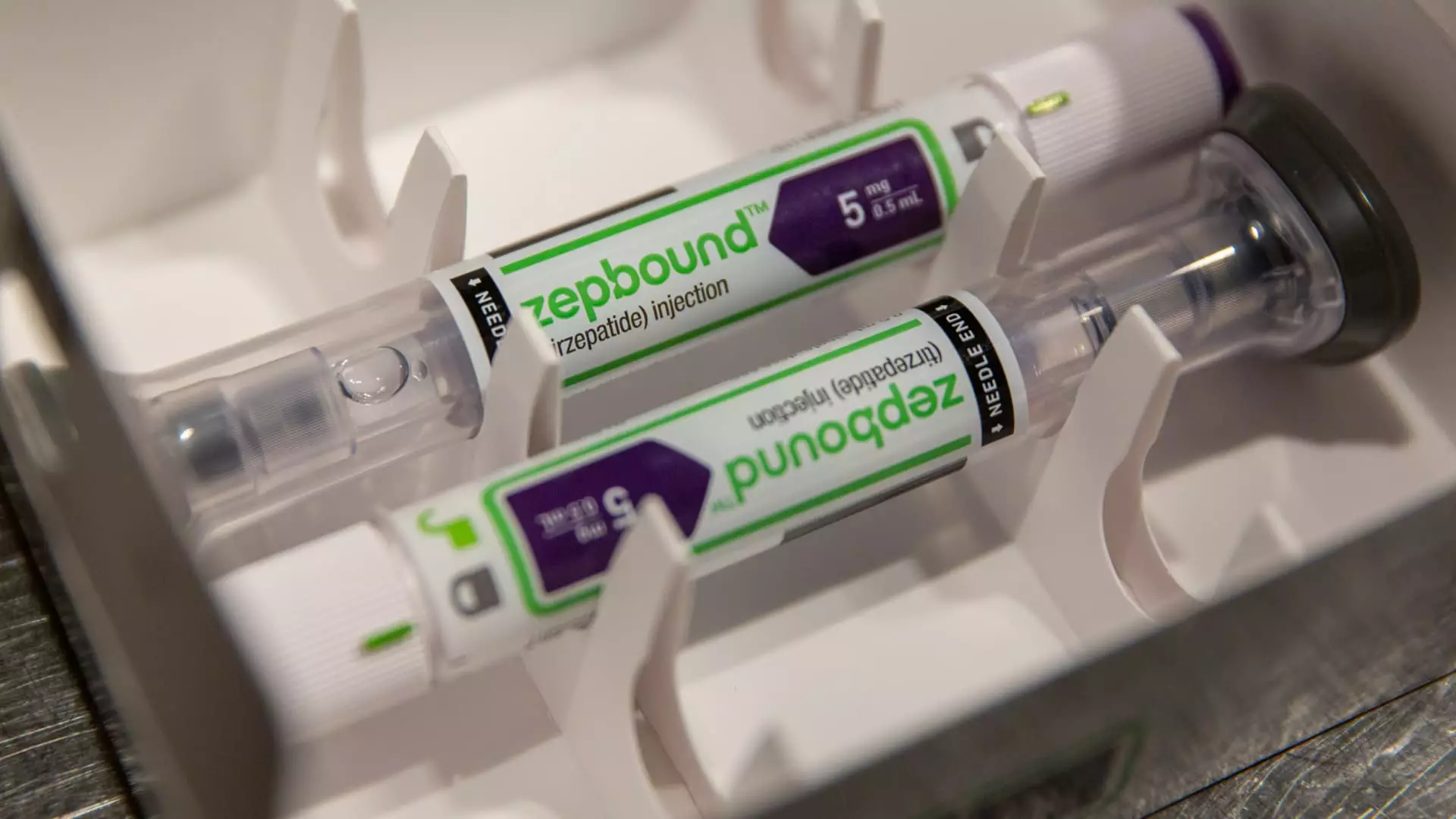Eli Lilly’s recent late-stage trial data on their weight loss drug, Zepbound, has shown promising benefits for patients with a common type of heart failure and obesity. This adds to the growing evidence that Zepbound, along with other GLP-1 drugs, may have broader health benefits beyond weight loss and regulating blood sugar levels.
Benefits of Zepbound
The study revealed that patients who took Zepbound were 38% less likely to be hospitalized or die due to heart complications compared to those who received a placebo. Additionally, these patients were less likely to require an increase in their heart failure medication. Zepbound was also found to significantly improve heart failure symptoms and physical limitations.
Study Details
The phase three trial followed over 700 patients with heart failure with preserved ejection fraction (HFpEF) and obesity, some of whom also had diabetes. HFpEF is characterized by the heart’s inability to pump enough blood to meet the body’s needs. Eli Lilly described this condition as causing a “high burden” of symptoms and physical limitations, impacting daily life with issues like fatigue, shortness of breath, and decreased ability to exercise.
In the United States alone, approximately 6.7 million adults aged 20 and above have heart failure. HFpEF accounts for nearly half of these cases, with almost 60% of affected patients also having obesity. This highlights the potential impact of Zepbound and similar drugs in addressing these health challenges.
The safety data on Zepbound showed consistency with previous trials, with the most common side effects being gastrointestinal, such as nausea and diarrhea, and typically mild to moderate in severity. Eli Lilly plans to present this data at medical meetings and submit it to peer-reviewed journals for further evaluation.
Competition and Future Prospects
Eli Lilly’s main competitor in the GLP-1 market, Novo Nordisk, has also made advancements in this field. Novo Nordisk has already applied for the use of their weight loss drug, Wegovy, in treating patients with HFpEF, with FDA approval received for reducing the risk of serious heart complications. Both companies are exploring the use of their drugs in various conditions, including chronic kidney disease and fatty liver disease.
GLP-1 drugs like Zepbound and Wegovy work by mimicking gut hormones to suppress appetite and regulate blood sugar. While Zepbound targets both the GLP-1 and GIP hormone receptors, Wegovy focuses solely on GLP-1. Understanding these mechanisms can provide insights into the potential efficacy and safety profiles of these drugs.
Eli Lilly’s Zepbound has demonstrated significant benefits for patients with heart failure and obesity, offering a new treatment option for this vulnerable population. Further research and regulatory approvals will be crucial in expanding access to these promising therapies and improving outcomes for individuals with these complex health conditions.

